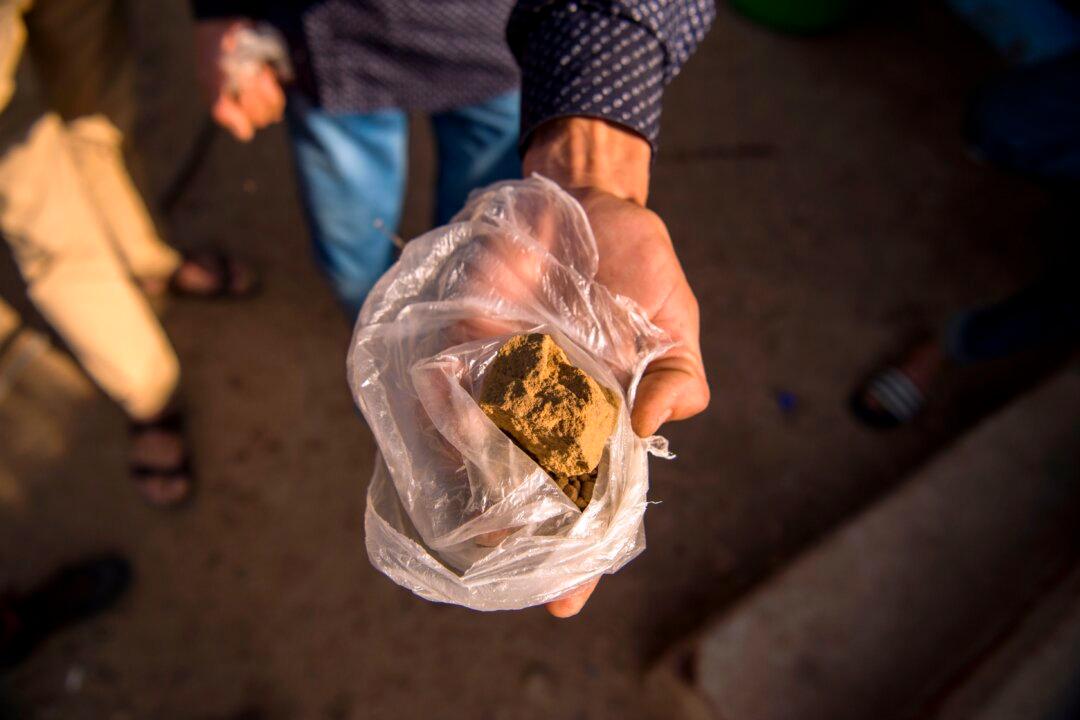Scientists have issued a health warning over the high levels of fecal matter found in street cannabis.
Nearly 75 percent of the cannabis bought on the streets of Madrid in Spain was found to be “unsuitable for consumption” due to contamination with E. coli, in a study published in the journal Forensic Science International.





